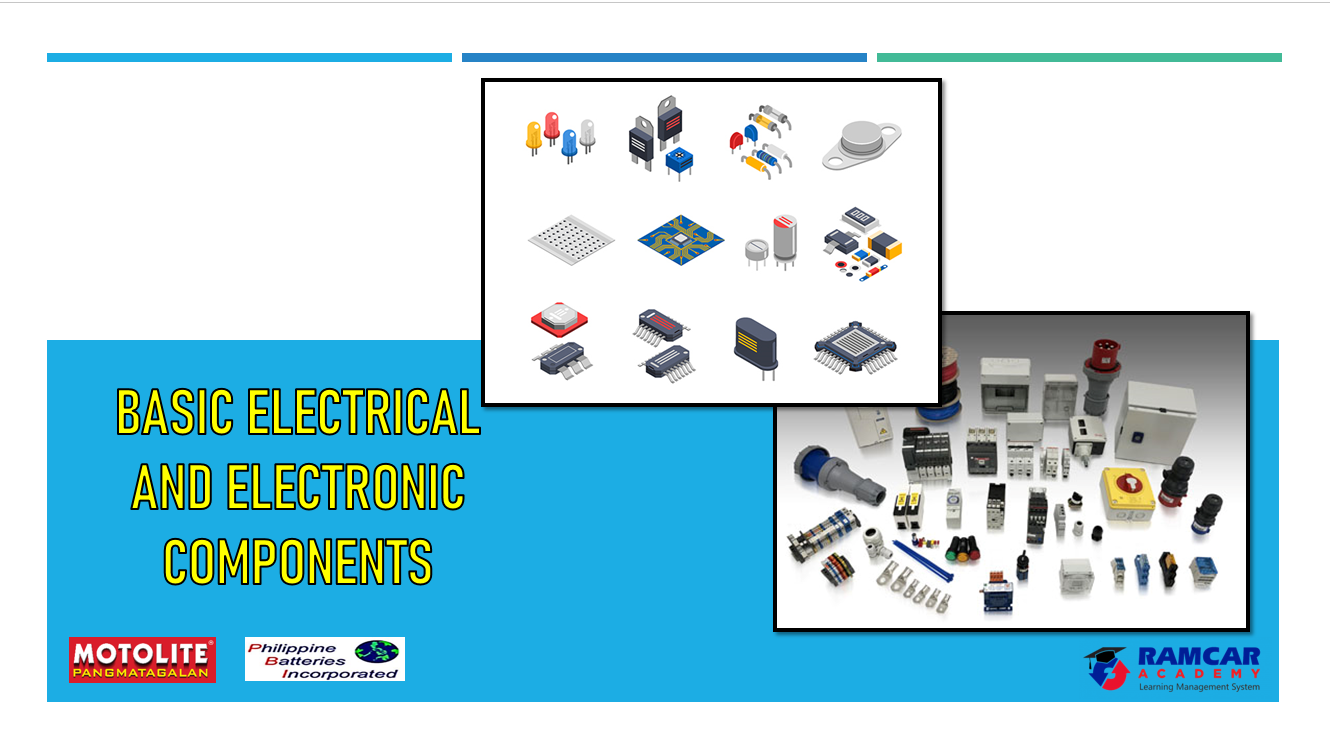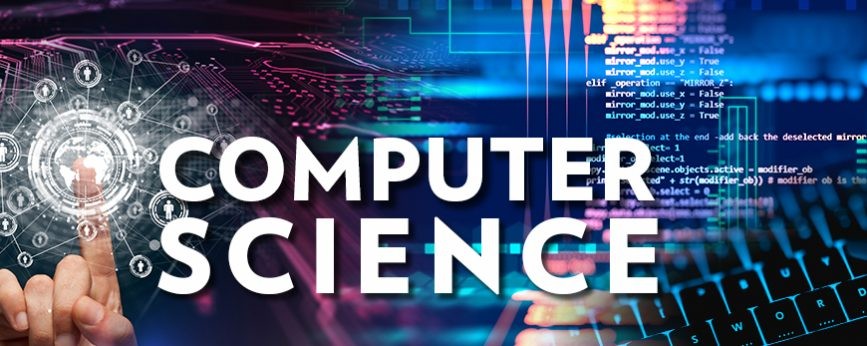

- ATTENTION!
All RALMS users are required to get 100% Completion of the "WELCOME TO RALMS" Course before proceeding to any other course in this Learning Management System.
Skip available courses
Available courses
Whats is Power Electronics
Power electronics is the branch of electrical engineering that deals with the processing of high voltages and currents to deliver power that supports a variety of needs. From household electronics to equipment in space applications, these areas all need stable and reliable electric power with the desired specifications. Power supply in one form is processed using power semiconductor switches and control mechanisms to another form, supplying a regulated and controlled power. While switched-mode power supplies are a common application of power electronics where power density, reliability, and efficiency are of prime importance, motor control is gearing up with more electrification in transportation systems. Precise control and efficiency are key characteristics for power control applications. The study of power electronics is thus multidisciplinary, involving semiconductor physics, electrical motors, mechanical actuators, electromagnetic devices, control systems, and so on.
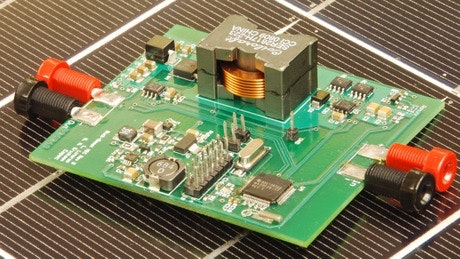
Communication styles are defined by our tendency to communicate directly or indirectly. Every person has a unique communication style, but there are four main communication styles you’re likely to encounter in the workplace. When you can accurately identify each style, you’ll be better equipped to work with any type of person you encounter.
In this module, we discuss four common workplace communication styles, how to identify them, and tips for interacting with colleagues who adopt these different styles.

The purpose of mechanical components is to take input force and change it through the combination of various machine elements such as gears, bearings, rotaries, and other components. In efficiently operating equipment, mechanical components reduce friction and carry loads for linear or rotary motion.
This course gives you the basic understanding on all the mechanical components you need to know.

This course gives you additional advance learning about different components and uses and the continuation of your learnings on the previous topic of Basic Electrical and Electronic Components
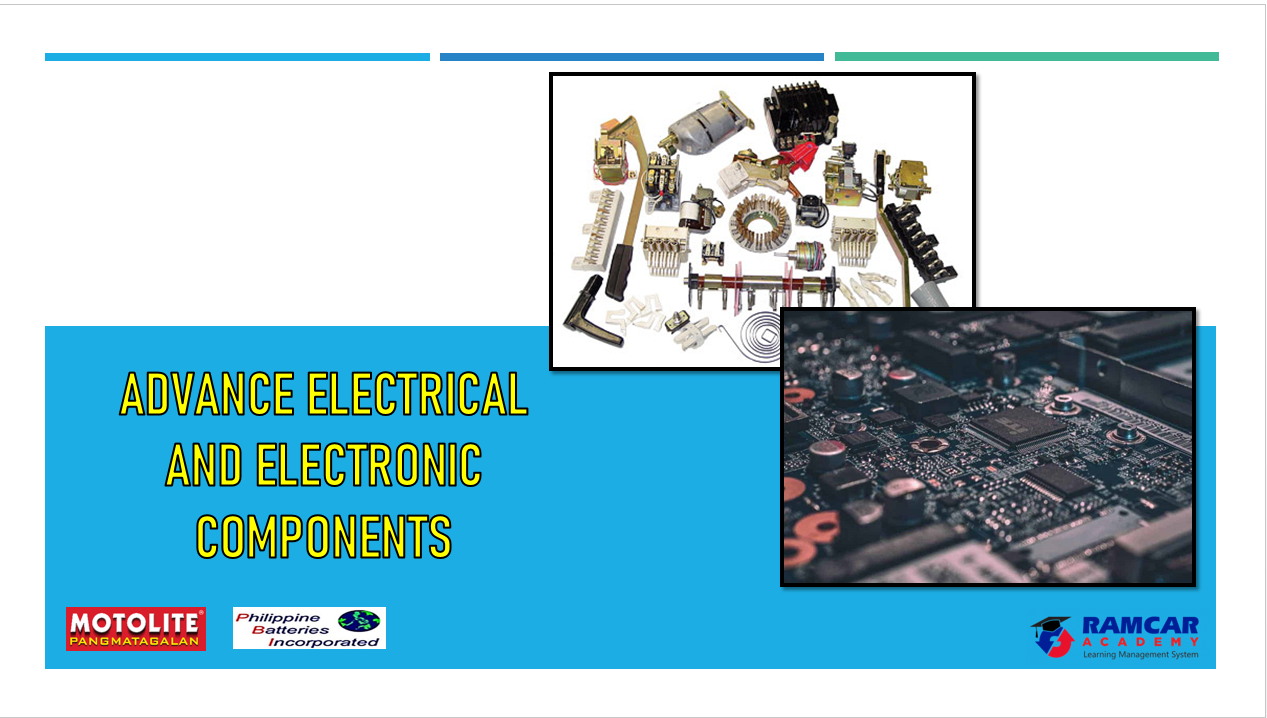
Hydraulic systems are capable of moving heavier loads as well as providing greater force than mechanical, electrical or pneumatic systems. The
This course gives you the basic understanding on a Hydraulic System. On Maintenance and Troubleshooting.

The maintenance and troubleshooting management will involve repair, replacement, and serving of tools. It also ensures the proper working and to intercept fluctuations that occur in the duration of the production process.
This course gives you the basic understanding of Mechanical Maintenance and Troubleshooting
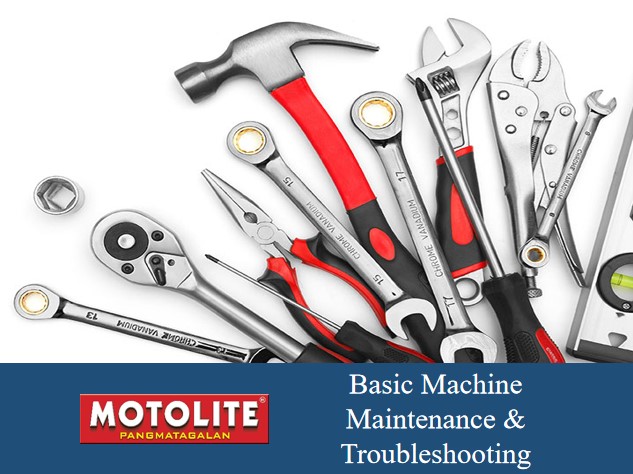
Electrical safety matters because electricity is powerful and potentially harmful. Mishandled electricity can cause serious injury or death, so keeping electricians and operators safe at work requires use of the proper techniques.
Make sure your employees have electrical safety training. This knowledge enables workers to make smart decisions when working with electricity. Training also prevents incident-related costs for your business.
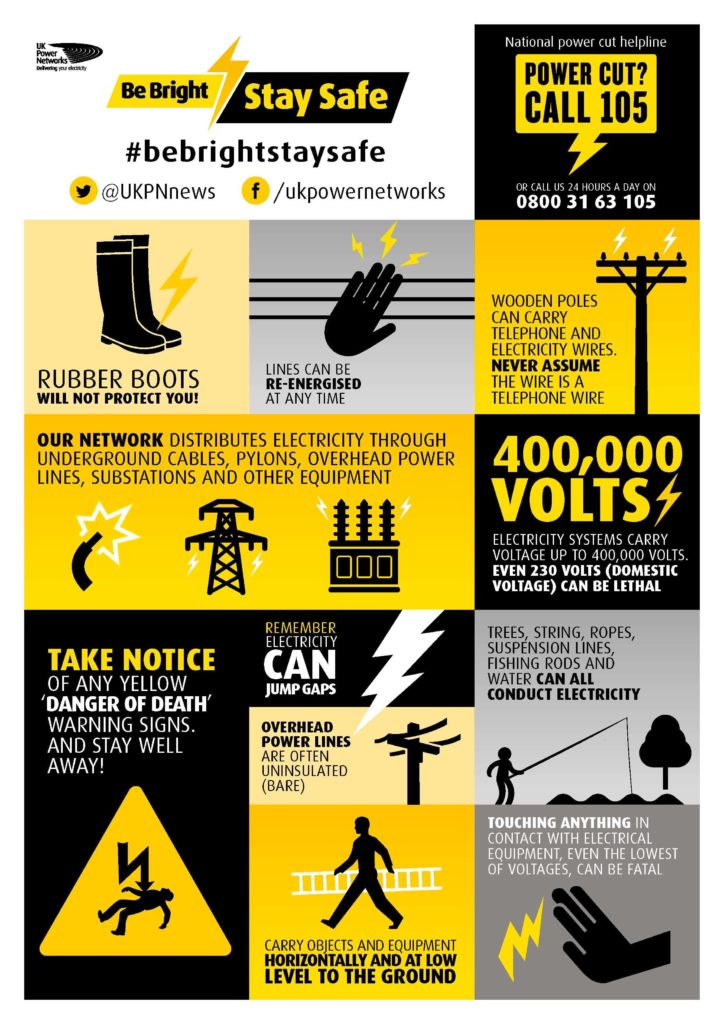
Why is it important to familiarize the basic electrical and electronic components?
Without understanding these basic electrical and electronic components i.e., their values, ratings, purpose etc. your circuit design might not function as expected. There are many electronic components like Resistors, Capacitors, LEDs, Transistors, etc.
